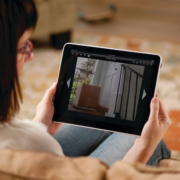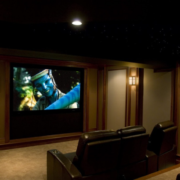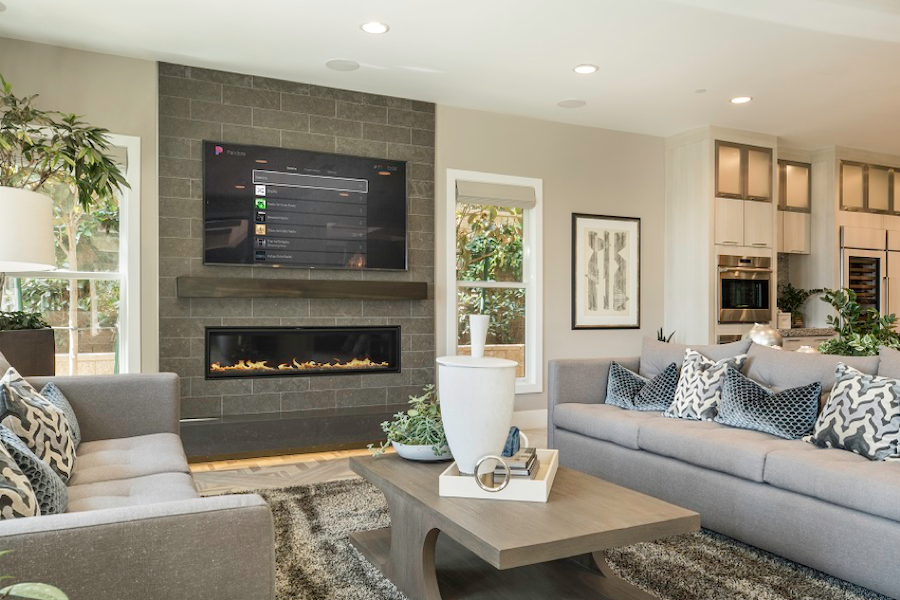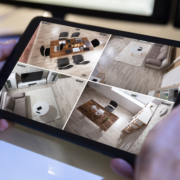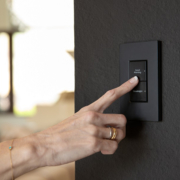How to Give Homeowners the Smart Home Security They Desire
Modern Homebuyers Are Willing to Pay More for Smart Security
The contemporary home buyer wants streamlined and easily accessible technology through a single system. In fact, many homeowners are willing to pay more for a home with smart technology included, including smart home security. People want to be able to receive alerts right to their phones where they can check surveillance cameras, door locks, and sensors. The best time to build a reliable surveillance system is during the build or renovation stage. If you’re an architect or builder, have you discussed smart security with your clients?
While wireless plug-and-play devices have gained popularity in recent years, a wired smart home security system is still the most reliable approach. We’ll share why that is and how you can add security to your projects in Fenwick Island, DE, below.
SEE ALSO: Design Smarter, Cleaner Homes with Motorized Window Treatments
What Makes Wired Security the Safest
If your clients are interested in adding security to their building, let them know this: while a wired system requires a longer installation, it is the best solution. Wired systems are more reliable, supports large systems, avoids interference and hacking, and lasts long-term. By contrast, a wireless security setup relies on Wi-Fi and is significantly limited in size. If you lose Wi-Fi signals, cameras, alarms, and sensors are useless. It’s much safer to wire the system by a professional, so devices don’t experience technical difficulties.
Low Voltage Wiring
With a long list of security devices to integrate, you’ll need to consider things like conduit placement and low voltage wiring. Low voltage wiring is electric wiring that does not carry the same current as power outlets and won’t pose the same electrocution threats that standard wire does. In security systems, low-volt cables run to sensors at windows, doors, and walkways to connect to alarms and cameras. Technology choices may affect room designs and wiring decisions within walls. An integrator like Electronic Interiors can help you find where low voltage wiring will be needed and where devices should go, so you won’t have to make unexpected compromises later.
How An Integrator Partnership Can Help
Smart home security is not exactly part of an architect or builder’s scope of work. Projects can get much more complicated once automation is involved. A technology integrator can assist early in the process by giving you a more accurate bidding and subcontractor options, like electricians and security contractors (at Electronic Interiors, we also install security). Starting with a smooth-sailing process will set your project up for success, saving your time. If low voltage wiring and smart systems aren’t your areas of expertise, that’s where we can help. If you’d like to learn more about partnering with Electronic Interiors to offer state-of-the-art security systems to homeowners, call us at (302) 827-3909 or contact us here.

